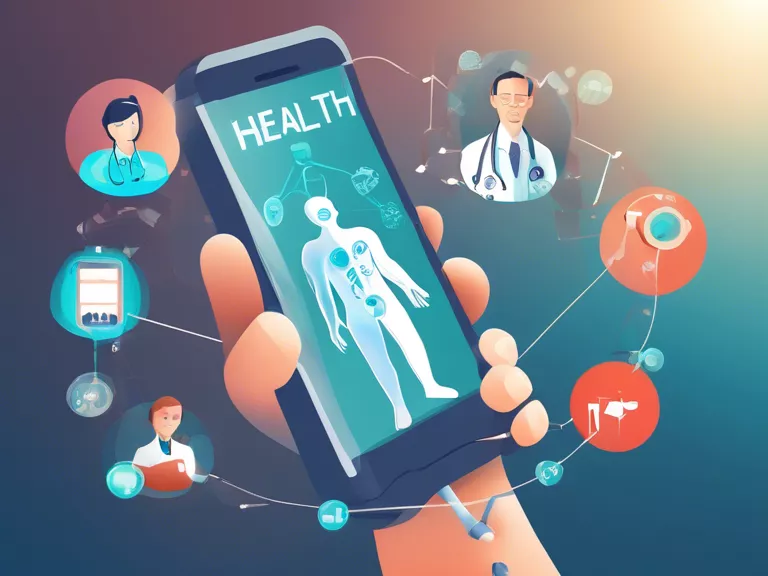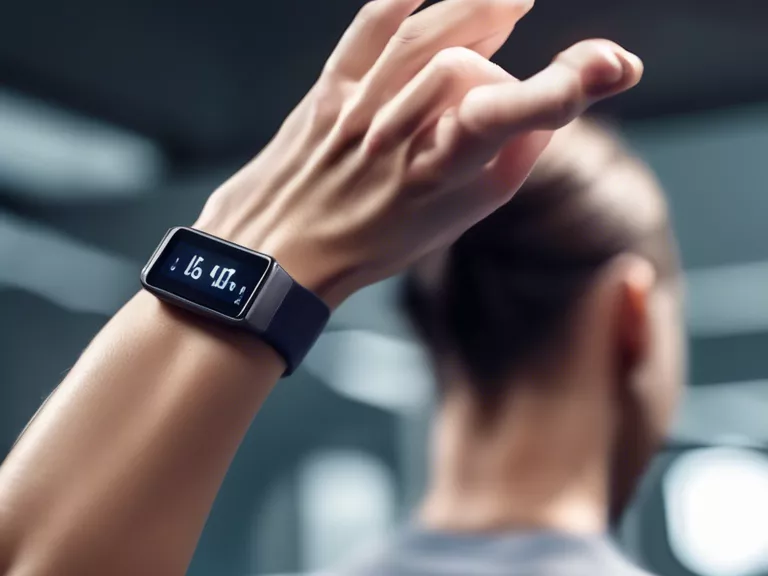
The Future of Health Tech: Integrating Wearables, Apps, and Telehealth for Comprehensive Care
In recent years, the healthcare industry has seen a significant rise in the use of technology to improve patient care and outcomes. From wearable devices that track vital signs to telehealth platforms that enable virtual consultations, the integration of technology into healthcare has the potential to revolutionize the way we approach wellness.
One of the key components driving this transformation is the use of wearables. These devices, such as smartwatches and fitness trackers, can monitor a wide range of health metrics including heart rate, sleep patterns, and physical activity levels. By collecting and analyzing this data in real-time, healthcare providers can gain valuable insights into a patient's health and make more informed treatment decisions.
Complementing wearables are healthcare apps that empower patients to take control of their own health. These apps can provide personalized health recommendations, track medication adherence, and even connect patients with their healthcare providers for virtual consultations. By giving patients the tools they need to actively manage their health, these apps have the potential to improve patient outcomes and reduce healthcare costs.
Rounding out this trio of health tech innovations is telehealth. This technology allows patients to access medical care remotely, whether through video consultations with a doctor or monitoring chronic conditions from the comfort of their own home. Telehealth has the potential to increase access to healthcare for underserved populations, reduce unnecessary emergency room visits, and improve patient satisfaction.
As we look to the future, the integration of wearables, apps, and telehealth will play a crucial role in delivering comprehensive care to patients. By harnessing the power of technology, healthcare providers can offer more personalized and convenient services, leading to better health outcomes for individuals and communities alike.



